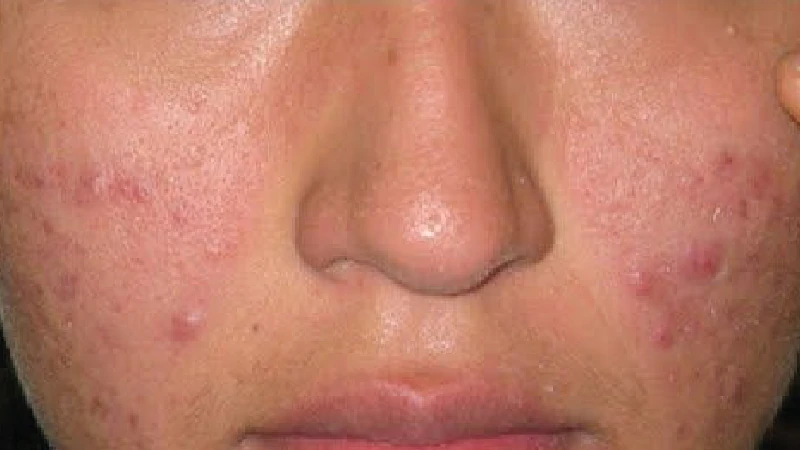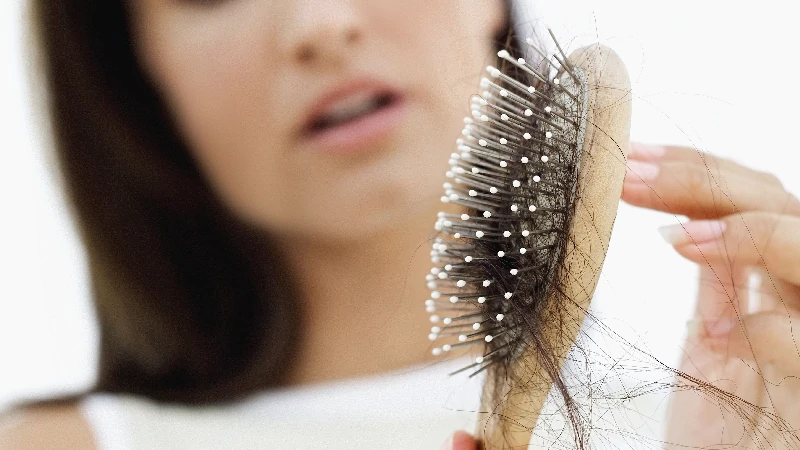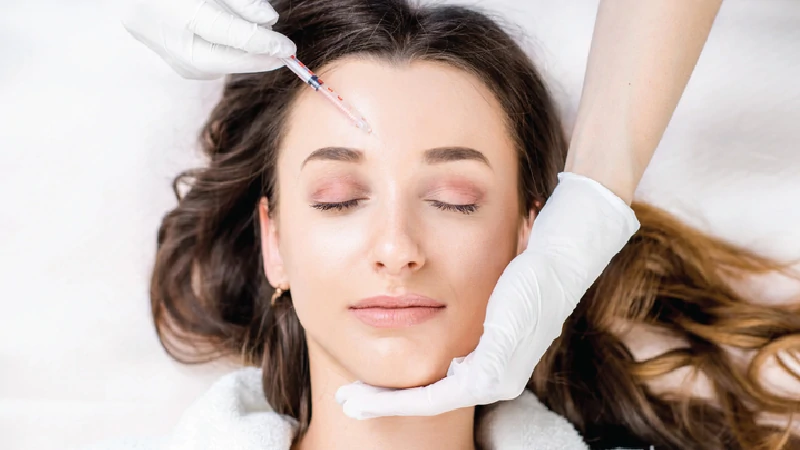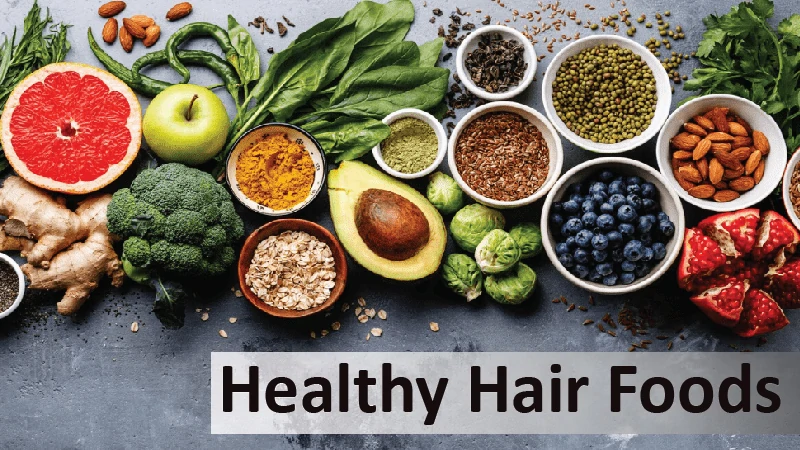
Acne is influenced by various factors like diet, smoking, hormones, drugs, anabolic and androgenic steroids. Also alcohol consumption, body mass index, psychological stress, insomnia, cosmetics, sunlight are thought to influence appearance of the lesions.
- Diet - There are numerous studies on co relation between diet and acne with contradictory results. High glycemic diet and dairy products are thought to cause an increase in the androgen activity and cause acne. So it is advised to avoid such foods if you have similar experience.
- Body weight and Body mass index - The risk of having acne and its severity increases with body weight. Also in women with Poly Cystic Ovarian Syndrome (PCOS) , obesity and acne are seen together frequently. So work on your weight if you have severe acne !
- Smoking - People who smoke are susceptible to develop acnes compared to non smokers. They often get lot of white heads and black heads on their face. So QUIT smoking.
- Stress and lack of sleep - Psychological stress and lack of sleep are factors which can worsen acne. There is a strong evidence on the role of hypothalamic pitutary adrenal axis on the sebaceous gland function which explains the link between the two
- Menstruation - Premenstrual flare up of acne is a common complaint in many women. Hormonal variation is considered to be responsible for this. An increase in the androgen levels and reduction in the estrogen causes acne to flare up before menstruation.
- Pregnancy - In pregnant women acne can be really troublesome due to unpredictable course. Also there are challenges in the choice of drug to be prescribed during pregnancy. Again its the hormones which play a role in development of acne lesions. Lesions tend to improve in the first trimester but worsen in the last trimester due to an increase in the androgen levels and sebum production.
- Cosmetics - Prolonged use of cosmetics is known to induce acne. Petrolatum, lanolin, vege box oils, butyl stearate, lauryl alcohol, oleic acid are few substances in the cosmetics which trigger acne lesions. Numerous skin lightening creams which contain steroids cause acne. Also pomades, greasy preparations used in hair treatment also cause acnes.
- Occupation - Oil acne, tar acne, chloracne, acne mechanica are few occupational acnes. Those working in the industries exposed to compounds like coal tar derivatives, chlorinated hydrocarbons, cutting oil are prone to develop acne.
- Sunlight - Sunlight (Ultraviolet radiations and ionizing radiations) leads to acne. This type of acne is called acne aestivalis. Also acne seems to be more common in hot and humid environment.
- Drugs and medications - There are numerous medications which lead to acne lesions. Few common ones are oral and topical corticosteroids, anticonvulsants, anti depressants like Sertraline, lithium, anti malarials like quinine, vitamin B12, anti tubercular medications etc.
Thus by modifying certain factors mentioned above, the severity of the acne and its consequences can be reduced significantly. Consult your dermatologist for further details about the condition and measures to reduce and control acne and its complications like scarring.




